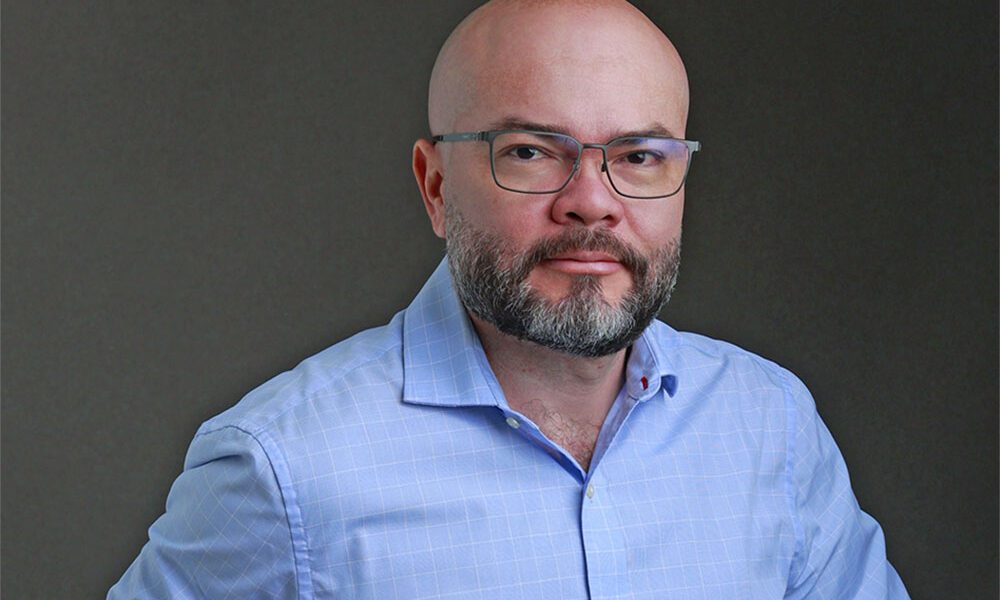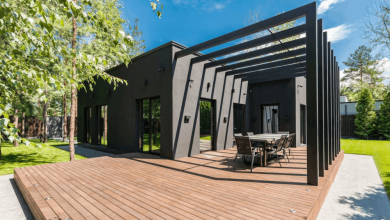Casara & Cabral Wants to Rewire America’s Aging Infrastructure—Before It Breaks for Good

Across the United States, the pace of technological change has far exceeded the readiness of its infrastructure. From power grids strained by rising energy demand to communication networks burdened by data-heavy industries, the country faces a widening gap between innovation and capacity. The problem is not purely technical; it is structural, rooted in decades of deferred investment and fragmented oversight. According to the Department of Energy, more than 70 percent of transmission lines and transformers have been in service for over 25 years, and inefficiencies across the grid cost the economy an estimated 20 to 60 billion dollars annually. Meanwhile, the Federal Communications Commission reports that nearly 18 million Americans still lack access to high-speed broadband, limiting participation in education, healthcare, and business. Together, these challenges underscore an urgent national priority: rebuilding the infrastructure needed to sustain a connected and competitive economy.
Casara & Cabral has been established to meet that challenge through a combination of engineering precision and strategic vision. Based in Miami, Florida, the firm will operate at the intersection of telecommunications, energy systems, and digital transformation, advising organizations that depend on secure, reliable, and forward-looking infrastructure. Its clients will include hospitals, data centers, local governments, and financial institutions, each facing the same fundamental question: how to expand capacity and resilience without disrupting critical operations. Casara & Cabral’s mission is to guide that process, helping institutions strengthen long-term performance rather than simply replace old systems with newer ones.
The company reflects the experience and perspective of its CEO, Moises Cabral, an electrical engineer with more than two decades of experience leading complex projects across Brazil’s telecom and energy sectors. His career, which includes senior roles at Oi S.A. and Embratel, has been defined by efforts to close infrastructure gaps in underserved regions. His work in Brazil’s Amazon and Midwest regions connected remote communities to national telecommunications grids and directed multimillion-dollar investment programs, experiences that shaped his belief that infrastructure is as much about equity as it is about connectivity. “Every time we connect a community or stabilize a network, we expand access to opportunity,” he said. That conviction now drives Casara & Cabral’s mission to make modernization a force for inclusive growth.
As American industries confront the limits of aging systems, the firm will help clients adapt to a future defined by automation, electrification, and data integration. One major obstacle in this transition is the long-standing divide between operational technology and information technology, which often results in inefficiency and security risk. Studies by the National Institute of Standards and Technology show that more than half of critical infrastructure operators struggle to align digital systems with physical assets, leaving them vulnerable to disruption. Casara & Cabral will address that problem by combining systems engineering, energy management, and cybersecurity, ensuring that modernization enhances both performance and protection.
The company will also play a role in supporting the national shift toward cleaner and more efficient energy systems. As the United States works to meet its 2030 carbon-reduction goals, the demand for expertise in grid modernization and renewable integration is growing quickly. The Department of Energy estimates that upgrades to power systems and renewable infrastructure could require more than 1.5 trillion dollars in investment by 2035. Casara & Cabral will assist organizations in aligning with these goals through energy planning, compliance with ISO 50001 standards, and adoption of sustainable technologies. The firm’s approach recognizes that efficiency is both an environmental and economic necessity, helping clients lower operating costs while improving reliability in sectors such as healthcare, manufacturing, and transportation.
Another challenge the company aims to address is the growing shortage of skilled professionals in infrastructure-related fields. The National Science Foundation lists engineering and telecommunications among the top five sectors facing severe labor deficits over the next decade, with up to two million technical positions projected to go unfilled by 2033. Casara & Cabral plans to invest in workforce development by creating mentorship and training programs to cultivate specialized knowledge in managing integrated energy and digital systems. These initiatives will extend to client organizations as well, strengthening institutional knowledge and reducing long-term dependence on outside contractors.
The firm’s efforts are expected to yield measurable economic benefits. According to the Bureau of Economic Analysis, professional and technical services contribute nearly half their total revenue directly to national GDP. By improving energy efficiency, data integration, and regulatory compliance, Casara & Cabral’s work will help generate new jobs, tax revenue, and productivity gains. Its participation in federally aligned programs will also help ensure that the benefits of modernization reach smaller cities and rural regions, where infrastructure renewal often lags behind demand.
Casara & Cabral’s establishment represents a convergence of technical capability and public need. Its work aligns closely with the country’s broader goals of strengthening critical infrastructure, advancing clean energy, and expanding digital access. Under Cabral’s leadership, the firm is positioned to play a meaningful role in shaping how modernization is carried out and who benefits from it.
As global competition intensifies and demand for reliable energy and connectivity continues to rise, the success of America’s modernization efforts will depend on expertise that bridges engineering, strategy, and policy. Casara & Cabral enters this landscape not as an outsider but as a practitioner shaped by decades of field experience. Its philosophy, grounded in technical rigor and a human-centered approach, reflects a larger truth now defining infrastructure policy: the systems that connect the nation must evolve not only to be stronger, but also to be smarter, more equitable, and sustainable for generations to come.

Source: Casara & Cabral Wants to Rewire America’s Aging Infrastructure—Before It Breaks for Good


